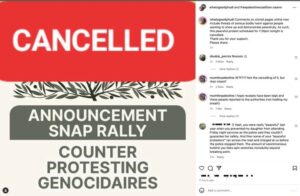Three years ago on April 10, I wrote:
Australia’s much-awaited (by us, anyhow) election was called yesterday. This is not just any election. It’s our last opportunity to move away from rabid and corrupt politics.
Our next election is on Saturday and we live in a different country. Three years ago, we were ruled by a queen, and now we’re ruled by a king. For some reason, we are far more prone to jokes under Charles than we were under Elizabeth. Technically, most of the parties are still similar, but this is another pivotal election, and not because of Charles. This was our position three years ago https://treehousewriters.com/wp53/2022/04/10/why-the-aussie-elections-are-so-important-this-year-an-introduction-for-the-unwary
We still have Mr Dutton, currently Leader of the Opposition, who has an apparent and possibly heartfelt desire to be Trump-lite. He replaced Scott Morrison when we decided we didn’t want more Trump-lite three years ago, which makes it a mystery to me why he’s choosing this path right now. Maybe he knows something about Australia that I do not know? I suspect his party would have won the election if he had not made that decision. Why do I think this? Dutton was doing very nicely in the polls until his aim to copy Trump was clear.
Independent of his policies, are his nicknames. I suspect he’s in the running for the most nicknames in history of any senior Australian politician. The one that trumps all (sorry, I could not resist the pun) is “Mr Potato Head.” Australians seldom give nice nicknames. Our current prime minister is nicknamed “Albo” which looks innocuous until you allow for the Australian accent. Our accent means that we call our PM “Elbow.” Intentionally.
Back to the parties. Now, there are other parties (minor ones) who also desire to copy Trump. One has even renamed themselves “Trumpet of Patriots.” No-one speaks kindly of them, but speaking kindly of people is not common in this election. The longest debate I’ve heard about them was which nickname is the best. The one that sticks in my mind (not the most common, just the silliest) is “Strumpet.” In and of itself, this will not affect their votes. Their policies, however, are not compatible with the left, or anyone who votes sort of centralish. Most of us vote sort of centralish, which, in comparison to the US, is slightly left wing. Sometimes quite left wing. This means that the Strumpets are the closest Australia comes to a Trump-like party. They’re not that, though. They’re right wing modified by some current causes. Current causes are a big thing right now.
Back to logic and commonsense. Three years ago I explained that the LNP (which we call the “Coalition,” mostly) were in power and that they were right wing. They are still right wing. They’ve lost a lot of their reputation and are in the middle of a generational change. The vote three years ago caused that, in a way, as did their wipeout in the biggest state in the country. Many of the new candidates for this elections (especially in electorates like my own where not a single LNP person won a seat in either house) are shiny new people about whom we know… not much. (If I were writing this for Aussies, I would use ‘bugger all’ instead of ‘…not much’, but I am aware of US sensibilities about what is everyday English in Australia. Not so aware that I refuse to tease you about it, but aware.)
Labor is now in power, and have the Elbow as leader. Albo is not much loved right now (and neither is Penny Wong, who, three years ago, we all adored), but I suspect Labor still represents more than 50% of Australians. It is a party strongly linked to unions and ought to be quite far left (and once was further left) but now it’s the centrist party. Since I’m in the mood to point things out, the party has US spelling and not Aussie spelling because it was named by a teetotaller US founder. Australia being Australia, we named a pub after him, just as we named a swimming pool after a prime minister who drowned. (I wrote about some of this three years ago. Good historical jokes are worth repeating.) I firmly believe that Australia is everyone’s ratbag cousin who is very charming but gets up to much mischief.
Three years ago I talked about the Greens. This year, I want them at the bottom of everyone’s vote. This won’t happen. They have set up a whole branch of the left (including many people who used to be my friends) and those people exclude Jews and hate Jews and blame Jews and do not listen to Jews and… you can imagine the rest. Me, I live it. They’ve put forward candidates that put the bad stuff happening in the Middle East ahead of what’s happening in Australia. If they get as much power as the latest polls suggest (14% of the vote) then quite a few Australian Jews will either have to hide (many are doing this already) or leave (and some have already left).
The party has always been left wing, but now they’re closer to Communist than to the environmental activists they once were. I am often scolded for saying these things. I answer the scolds with the labels placed in Jewish Australians by their supporters.
Some of the new Left don’t even believe there are Jewish Australians. I had that discussion with someone just yesterday. They now believe I exist, but it took two hours to convince them. We’ve been here since the first long term European settlement in 1788 (one of the First Fleet babies was the first Jewish free settler), so many of us are descendants of colonists. Most of us are descendants of refugees. And every day someone scolds me for personally having colonised Israel and murdered Palestinian children.
The hate is carefully targeted. Most of the rest of Australia has no idea. It’s a bit like domestic violence. “That very good person can’t have caused that black eye. You must’ve walked into a door.” This is being Jewish in Australia right now. It’s why the bottom of both my ballots is already populated by the Green candidates.
There is a new environmental party (Sustainable Australia) which won’t be down the bottom of my ballot. They’re not going to gain power, but if they can increase their influence a bit maybe we can talk about what needs to be done to deal with climate change rather than about the problem of antisemitism. The antisemitism isn’t just the Greens, you see. ASIO (our CIA equivalent) gave its annual assessment publicly this year. They said that antisemitism is Australia’s #1 security threat. Media ignored it. The Greens ignored it. All the other major parties factored it into their policies, but are talking about housing and jobs and the like because we have a housing crisis. I am still dealing with the notion that the new Australia can’t keep more than two ideas in its head at once.
Everyone else belongs to small parties or independents. Lots of those already in Parliament or the Senate are being challenged. Some will get second terms, others will not.
David Pocock is one of the bellwethers. He was voted to replace Zed, who was right wing (LNP) and wildly unpopular as a person. Pocock won partly because he used to be a very famous sportsperson and partly because so many preference votes flowed to him. He was the third in primary votes, and won on preferences. (This is a very Australian thing, and I can explain the voting system again to anyone who has forgotten or would like to be able to follow our vote on Saturday night.) The thing is… he voted leftish for most of his time in the Senate. Frequently, he voted alongside the Greens. He replaced a right wing party in that Senate place. What will that do to his preferences next Saturday?
How many independents and small parties will get through in a strange election where the main left wing party expresses bigotry? It depends on how far we veer left as a country. It depends on how loyal we are to individuals in both Houses. It depends on how personal everything is, in a year when I’m hearing so many people talk about their vote as personal.
I see two big options. One is that a lot of these independents lose their seats. This would return control (in the Senate in particular) to the party with the most seats in the Senate. The other option is that Australians vote a lot of these people into Parliament and the Senate and make everything very, very complex. I’m hoping that this is unlikely, given that many of the independents or small party representatives care only about one issue or are cults of personality, or are “We are not Greens – we just vote with them” people.
We don’t know how many independents or representatives of small parties will get through. The nature of advance polls is to focus on the major parties, so we really do not know how much support these legions of political individuals have in any given region.
Part of this rests on the nature of preferential voting. In the electorate of Blaxland, for instance, which has possibly the highest number of Muslim voters in the country, will the Labor candidate be returned to power, or will Omar Sakr (the Greens candidate) be voted in, or will an independent specifically representing Muslims (the one suggested by the Muslim Vote) get in? The Muslim Vote focuses on Muslim voters and assumes that their main political desire is not about housing or education, but about creating a Palestinian state. I chatted with a friend today, who is also Muslim, but from Indonesia, and she had no idea that this group even existed. The public talk about Muslim votes assume that most Muslims who vote are either Palestinian or support Gazans. And yet… we have many Muslim Australians from Bangladesh, Pakistan, Indonesia, Afghanistan, Turkey, Malaysia and various African countries. I do not know if there is a voting pattern for all these people from all these backgrounds. Some are fully integrated into Australian society, some maintain boundaries and stay largely within their own communities.
My guide to the elections three years ago was a lot simpler. Right now, it feels as if life was a lot simpler three years ago.
PS Just in case you want to know what advice Jewish voters have been given, it’s “Make up your own minds, you’re adults.” We have, however, been given a guide to making up our own minds. 2025 federal election – ECAJ

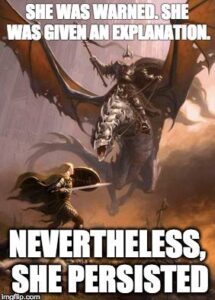
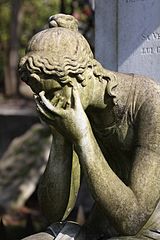


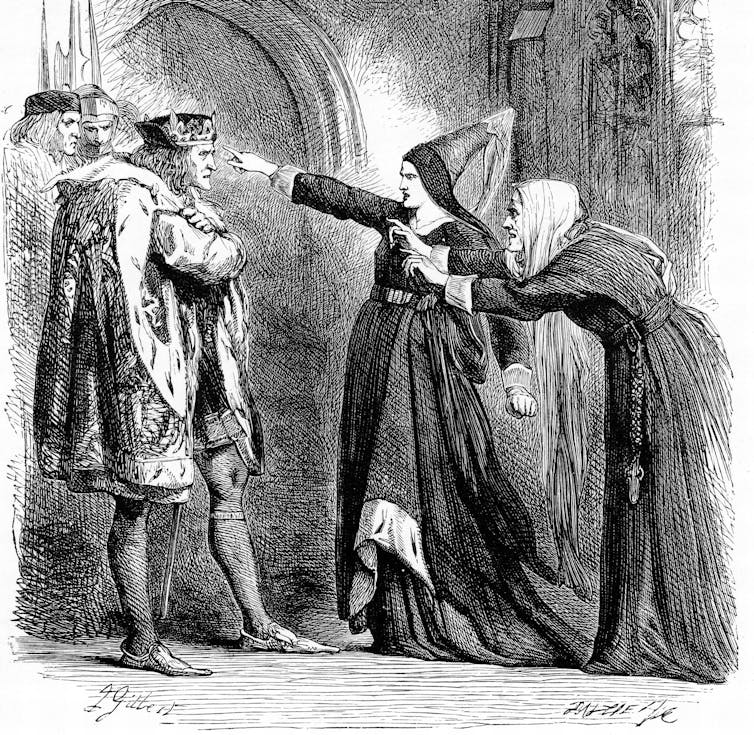


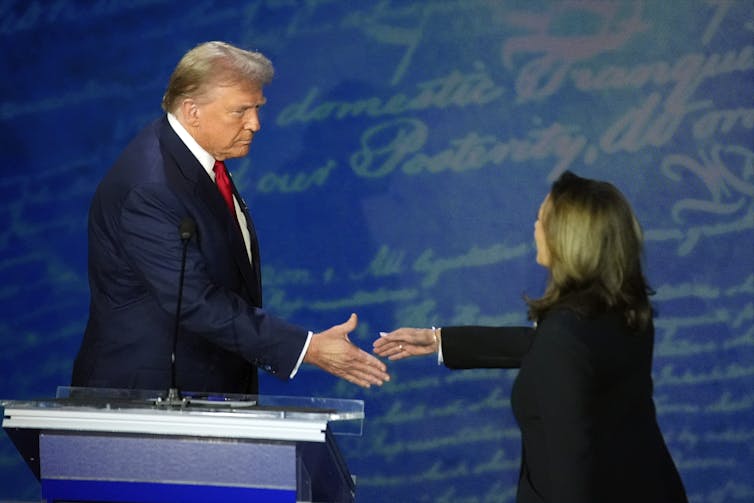

 Back in 2016, I posted a series of blogs entitled In Troubled Times. Today it seems fitting to remind myself that I survived then and will survive now. These thoughts are from Monday, December 5, 2016.
Back in 2016, I posted a series of blogs entitled In Troubled Times. Today it seems fitting to remind myself that I survived then and will survive now. These thoughts are from Monday, December 5, 2016.